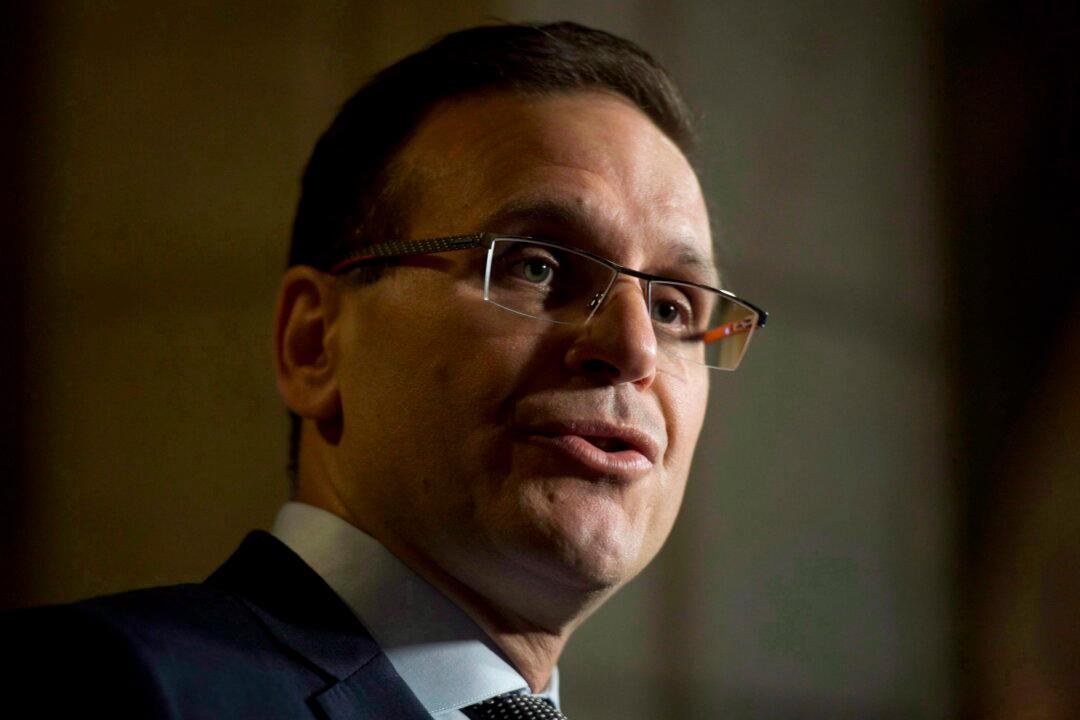Bills C-11 and C-18, which would give the Canadian Radio-television and Telecommunications Commission (CRTC) more power over Canadians’ online communication, “penalize innovation success by propping up individuals that are less successful,” says Conservative Sen. Leo Housakos.
“Governments, bureaucrats, and the CRTC should not be the ones deciding on what pops up on our [social media] feeds in terms of our priority music, videos, or news,” Housakos said during a panel at the Canada Strong and Free Network on March 22.





